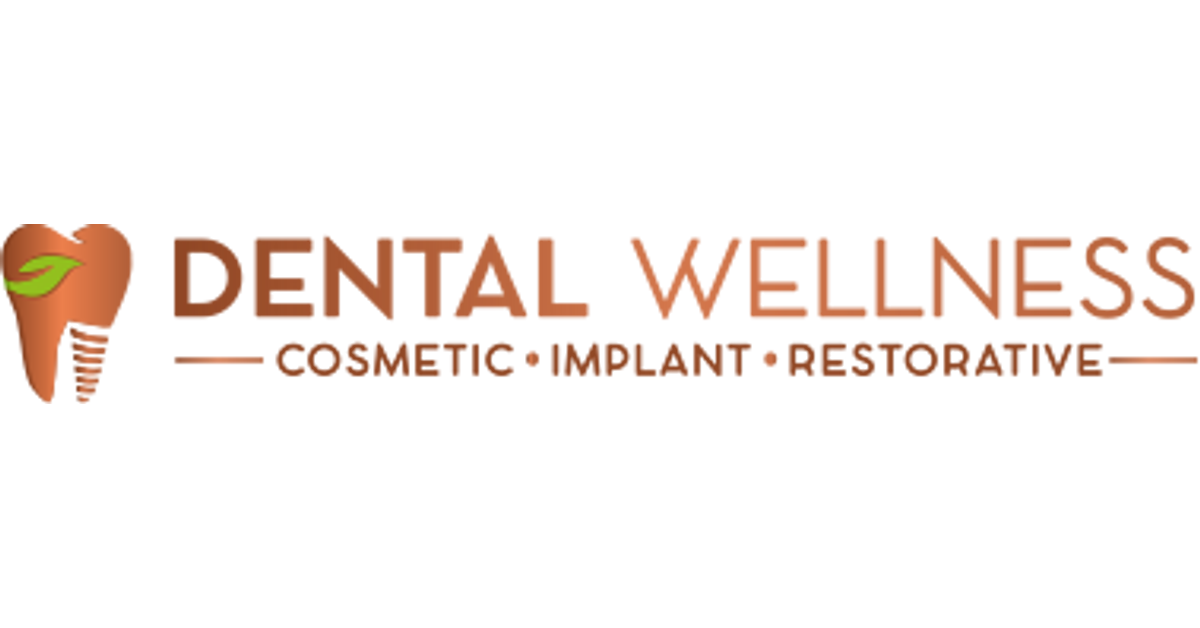Introduction
Men, listen up! When it comes to our health, there’s one area that often gets overlooked but deserves our utmost attention: our testicular wellness. Whether you’re a young buck or a seasoned gent, taking care of your boys is crucial for overall health and vitality. In this article, we’ll delve into some essential tips for boosting testicular wellness and ensuring your manhood stays in tip-top shape.
Understanding Testicular Health
First things first, let’s talk about what testicular health actually means. Your testicles are responsible for producing testosterone, the hormone that regulates everything from your sex drive to your muscle mass. They also play a vital role in sperm production, which is essential for fertility. Keeping your testicles healthy means ensuring they’re functioning properly and free from any abnormalities or diseases.
Regular Self-Exams
One of the best ways to monitor your testicular health is by performing regular self-exams. Take a few minutes once a month to feel for any lumps, bumps, or changes in size or texture. If you notice anything out of the ordinary, don’t hesitate to see a doctor. Early detection is key when it comes to treating conditions like testicular cancer.
Maintaining a Healthy Lifestyle
Your lifestyle choices can have a big impact on your testicular health. Eating a balanced diet rich in fruits, vegetables, lean proteins, and whole grains can provide essential nutrients that support testicular function. Regular exercise is also important, as it helps improve blood flow to the testicles and can boost testosterone levels.
Protecting Your Boys
It’s important to protect your testicles from injury, especially during sports or physical activities. Wear protective gear like a jockstrap or athletic cup when participating in contact sports or activities that pose a risk of injury to the groin area. And always use caution when handling heavy machinery or equipment to avoid accidents.
Avoiding Harmful Substances
Certain substances can have a negative impact on testicular health. Avoiding tobacco, excessive alcohol, and recreational drugs is essential for maintaining optimal testicular function. These substances can interfere with hormone production and increase the risk of conditions like infertility and erectile dysfunction.
Seeking Professional Help
If you experience any persistent symptoms or concerns related to your testicular health, don’t hesitate to seek professional help. Your doctor can perform a thorough evaluation, including physical exams and laboratory tests, to identify any underlying issues and provide appropriate treatment. Remember, it’s always better to be safe than sorry when it comes to your health.
Conclusion
Taking care of your testicular health is essential for overall well-being and vitality. By following these essential tips, you can ensure that your boys stay happy and healthy for years to come. So gentlemen, make your testicular wellness a priority and take charge of your health today! Read more about testicle health tips


















